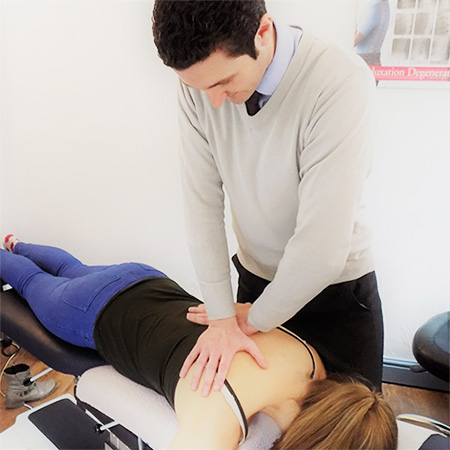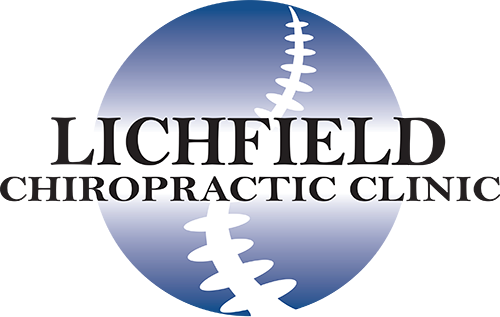Back Pain
Back up when something's up with your back!
Almost everyone gets back pain at some time, but staying active, with the help of chiropractic treatment, may well be the best solution.
Are you sitting comfortably?
Poor posture may lead to back pain. Your chiropractor may advise you to make postural changes if you:
- Spend hours a day sitting at a desk or a computer
- Slouch in front of the TV
- Sleep in a bed that is too hard or too soft
- Find yourself hunching your back and shoulders in stressful situations
“I only bent to tie my shoe”
Repeating daily activities such as bending, lifting and twisting may result in a ‘bad back’. This is why your chiropractor will want to understand how you tackle these everyday movements.
Addressing the cause, not the symptoms
As you go through life, a slight loss of proper movement of the bones/joints can interfere with the healthy working of your spine, and the nerves that pass through it. These can lead to pain. Chiropractic, unlike painkilling drugs, treats the cause of pain, not just the pain itself. Your chiropractor will carry out a full examination (including x-rays if necessary), and ask you questions about your posture, medical history and lifestyle, to try and discover the cause of your back pain and offer a diagnosis of your complaint.
Then your treatment will begin, often with gentle, specific manipulations done by hand, to free stiff joints and remove spinal nerve irritation. This effective drug-free treatment is generally painless, although you may feel some short-term discomfort if your back is very sore.
Your chiropractor may recommend ice or heat treatment and massage. Scientific research shows that you should remain active – prolonged bed rest weakens the bones and muscles and reduces your chances of a full recovery so you may also be advised to take regular gentle exercise to ease your pain, and help your body to recuperate.
Is it a Slipped / Prolapsed Disc?
Spinal discs are fibrous rings, containing a soft gel like ‘cushion’, between each of your spinal bones (vertebrae). Discs cannot slip, because they are attached to the vertebrae, but the term ‘slipped disc’ can mean disc damage such as a bulge, (prolapse), a tear or rupture (partial or total). The resulting pressure or irritation on the nerves that exit your spine can cause pain in your back, or ‘referred’ pain over an area through which the nerves pass. Sciatica, for example, is leg pain caused by nerve irritation or pressure in the lower spine. Your chiropractor can help with sciatic pain, and your chiropractor will explain the cause of your pain – it may not be a ‘slipped disc’ as many other problems have similar pain patterns.
Is chiropractic treatment possible after surgery?
Probably. Your chiropractor has the training and experience to treat each patient as an individual. You will receive appropriate treatment and manipulations for your specific condition, while areas not suitable for treatment will be carefully avoided. Many chiropractors are able to offer post-surgical exercise, advice and rehabilitation.
90% of back pain sufferers stop seeing their GP within three months – but most of them are still in pain a year later.
 How long will chiropractic take to work?
How long will chiropractic take to work?
Guidelines for medical practitioner's state that spinal manipulation can help back pain, especially if carried out within the first six weeks. The longer you have been in pain, the longer it may take to improve with treatment. Your chiropractor will advise you of your likely recovery time, and how to minimise the chances of the problem happening again. Early treatment is important but chiropractors are also effective at treating long-standing or chronic pain.
